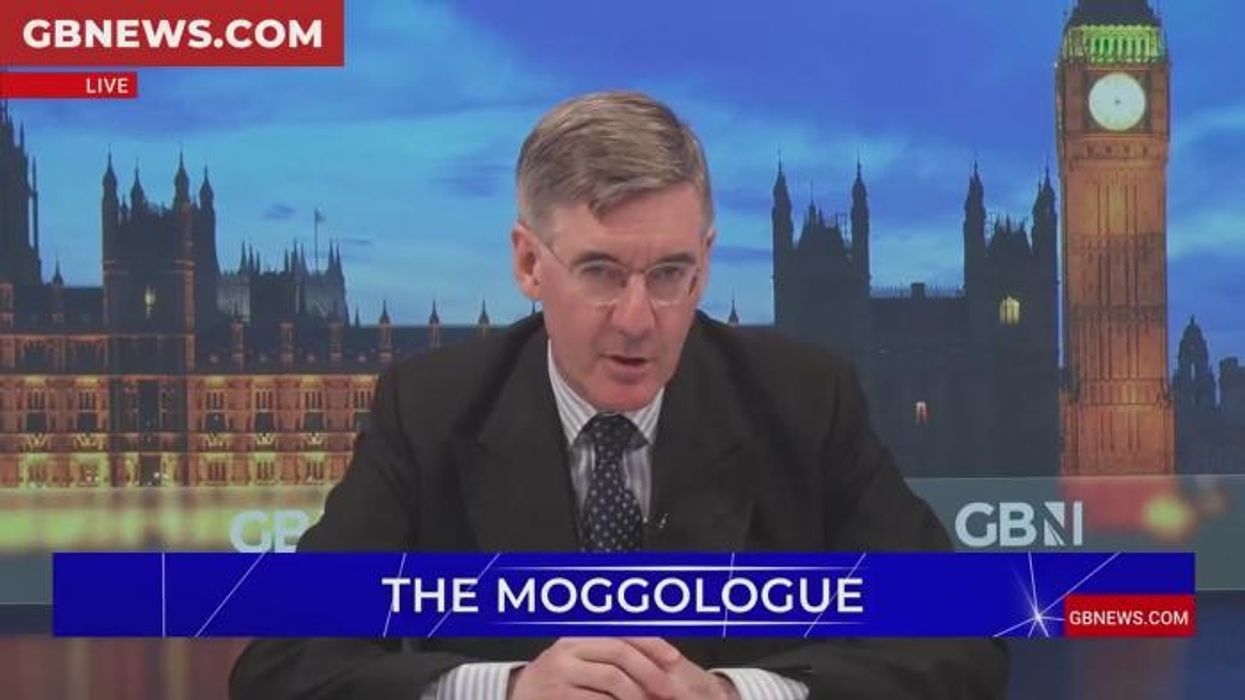Keir Starmer has won the battle, not the war. His credibility is now on the line - Bill Rammell

GB

The Government must clarify how it will address the unsustainable and unfair cost of welfare
Don't Miss
Most Read
Trending on GB News
There can be absolutely no doubt that the benefit system this Government inherited from the Tories was broken and unsustainable. The Tories manifestly lost control, as they obsessed about Brexit, and numerous Tory psycho dramas.
Between 2019 and 2024, benefit spending rose by a staggering 39 per cent, with huge extra numbers of young people claiming for mental health problems.
This Government has been right to try to fix this with a focus on getting people back to work. But there can be no sugar-coating Tuesday’s vote in the House of Commons. It was unedifying and leaves big questions about future Government decisions on welfare.
The Labour rebels seem to know the political value of every welfare spending pledge, but the price of none of them.
Where, among the rebels, was there any sense of confronting the unsustainability of welfare spending?

Keir Starmer has won the battle, not the war. His credibility is now on the line - Bill Rammell
|Getty Images
And it is unsustainable, rising from £29billion to £100billion over a decade. That is not sustainable and not fair. Not fair to people with disabilities who are not incentivised to work, and not fair to the general taxpayer who must foot the bill.
We have a system now that adds the equivalent population of a city the size of Leicester each year to benefit claimants. And accepts that 26 per cent of young people have a mental health disorder. That is simply not right.
Now, getting welfare reform through the commons is always a challenge. It was in the Blair and Brown Governments that I served. But change had to be forced through, and will have to be now.
And there are positive changes from Tuesday's welfare Bill. There will be cuts to incapacity benefits for new claimants, which, allied to an increase in universal credit, will increase the incentive to work. The value and benefit of work is and should be a core Labour value.
And the £1billion back-to-work push is still in place.
But the review the Government was forced to concede on personal independent payments (to be co-produced with disability groups) is potentially a recipe for indecision and delay. The criteria for eligibility for PIP must be tightened.
As the Welfare Bill (which was passed on Tuesday) progresses through Parliament, the Government must clarify how it will address the unsustainable and unfair cost of welfare. Its credibility on this is now on the line.










